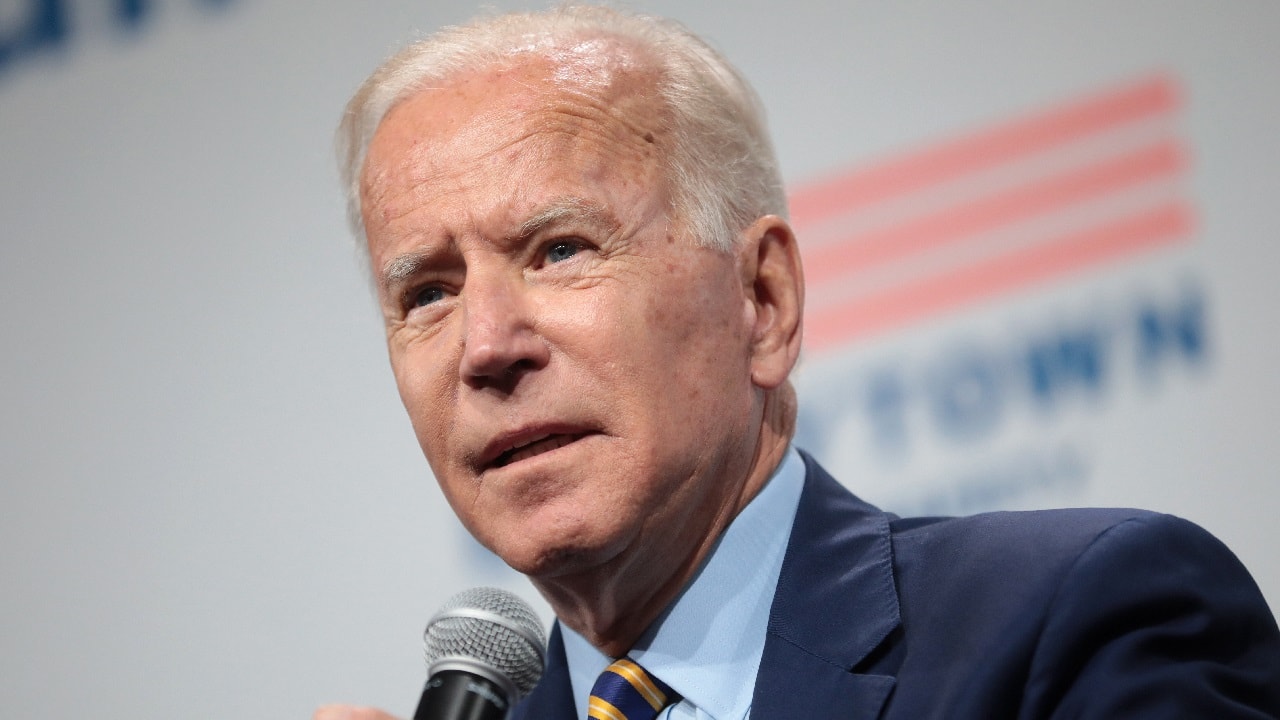Last week, U.S. President Joe Biden gave a highly anticipated Oval Office address on the wars between Israel and Hamas and Ukraine and Russia. Declaring that American leadership “holds the world together,” it is in our country’s best interest to continue supporting both Kyiv and the sole Jewish state. Before the president requested billions of dollars in military assistance from Congress, he demonstrated that the threat of terrorists and dictators is not something the U.S. can turn a blind eye to.
An overview of Biden’s remarks
“History has taught us when terrorists don’t pay a price for their terror, when dictators don’t pay a price for their aggression, they cause more chaos and death and more destruction,” Biden said. “They keep going. And the cost and the threat to America and the world keep rising.”
The president also likened Russian president Vladimir Putin to Hamas, declaring that both entities want to completely wipe out a neighboring democracy.
According to Biden, both the Israel-Hamas and Russia-Ukraine wars are critical for America’s national security. Additionally, it is America’s prerogative to help partner nations. “American leadership is what holds the world together. American alliances are what keep us in America safe. American values are what make us a partner nation you want to work with,” he said. “To put all that at risk – we walk away from Ukraine, we turn our backs on Israel – it’s just not worth it.”
America’s support for Ukraine:
When Russia invaded Ukraine back in February 2022, the U.S. and other North Atlantic Treaty Organization (NATO) allies stepped up immediately to aid Kyiv’s defensive efforts. In addition to heavily sanctioning Russia and its oligarchs, the U.S. greenlit scores of aid packages, which have undoubtedly contributed to Ukraine’s ability to thwart off Russia’s full advances. As of late September, the Biden administration and Congress has directed more than $75 billion in assistance to Ukraine, according to the German-based Kiel Institute for the World Economy.
From airframes and main battle tanks to missile launchers and munitions, the U.S. and other Western nations are supplying Kyiv with what the country needs to adequately fight Russian forces. Over the summer, Ukraine launched its counteroffensive to recapture territories. While progress has been minimal, the country has been able to pierce Russia’s main defensive lines. Although the argument to cut off aid to Ukraine has risen in recent months as the war appears to be gridlocked, Biden’s team is adamant that without additional U.S. support, Moscow will be able to achieve its objectives.
Will the Biden White House be the ally Israel needs?
Biden’s approach to aiding Israel’s defensive efforts against the terror group Hamas has been similar. The White House has issued a litany of statements declaring its commitment to support its Middle East ally in its mission to eliminate Hamas’ existence in the Gaza Strip. Biden’s Oval Office speech came one day after his trip to Israel, where he showed solidarity with Israel and also pledged support for humanitarian assistance to Palestinians.
While any civilian deaths are always a tragedy in war and should be minimized as much as possible, it will be difficult to ensure that any aid directed toward Gaza won’t ultimately fall into the hands of Hamas or its affiliates. The humanitarian crisis in Gaza is horrible, and citizens face shortages of basic needs like food and water. Hamas has a history of allocating resources to fulfill its own agenda and terrorist activities rather than providing much-needed aid to its people.
In a video released by Hamas militants themselves, its fighters can be seen using intended water pipes to build its facilities. Israel has notably shut off water, power and aid to the Gaza Strip shortly after the October 7 massacre unfolded. The same activists who have called this action inhumane and brutal have yet to call out Hamas for sabotaging water pipes for making rockets and other weapons used against Israeli civilians.
Biden’s primetime address occurred on the eve of his office requesting more than $100 billion from Congress to support Ukraine, Israel, Taiwan and the U.S. border with Mexico. However, considering the current instability in the House of Representatives, achieving bipartisan support for such a hefty package may prove burdensome.
Maya Carlin, a Senior Editor for 19FortyFive, is an analyst with the Center for Security Policy and a former Anna Sobol Levy Fellow at IDC Herzliya in Israel. She has by-lines in many publications, including The National Interest, Jerusalem Post, and Times of Israel. You can follow her on Twitter: @MayaCarlin.
From the Vault

